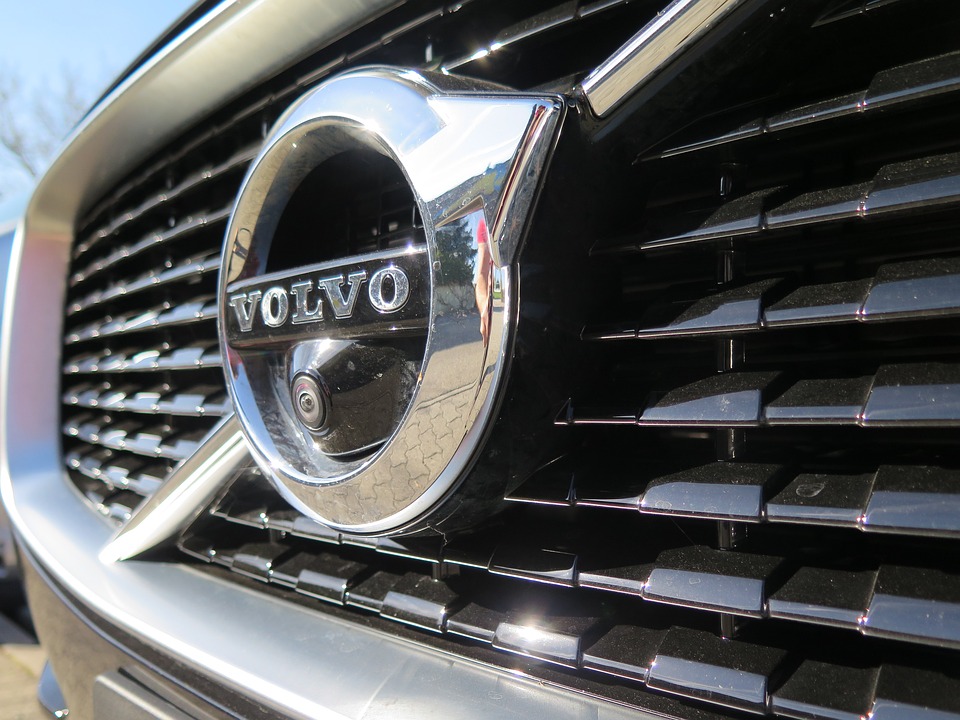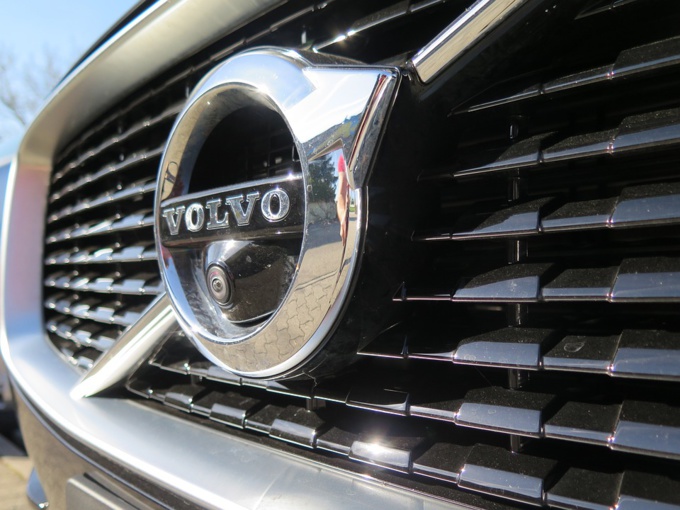Swedish Volvo Cars company announced the "completion of the historic stage" when the cars were equipped only with an internal combustion engine. Now, the company's business will be based on electrification. Since 2019, all new Volvo models will be equipped with an electric motor. The company, now owned by Chinese holding company Zhejiang Geely, will produce three types of models: plug-in hybrids with the ability to charge from a socket, "soft hybrids" in which the electric motor is used to start the engine and its support, as well as the electric vehicles themselves.
In the period from 2019 to 2021, the company is planning to release five new models of electric vehicles. Three of them will be made under the Volvo brand, and the other two models will be branded Polestar (a recently formed unit). In addition, there will be a number of new hybrid cars that will be produced both in the European and Chinese plants of Volvo Cars (the company's plant in the US is currently under construction). Volvo Cars’ CEO Hakan Samuelsson says that the company plans to sell a total of 1 million cars with electric motors by 2025.
The market, which Volvo seeks to win, is now growing very actively, although its volume is still small. According to research company EV-Volumes.com, sales of electric vehicles in the world make only 1% of sales of all cars. However, global sales of electric vehicles and plug-in hybrids grew by 40% and amounted to 191,700 vehicles only for the first three months of this year. According to EV-Volumes.com, if the trend persists, eight out of ten new cars will be equipped with an electric motor by 2030.
Other manufacturers are already actively competing in this market. This week, the first budget model Tesla-Model 3, an electric five-seat sedan, will be delivered from the assembly line, and by 2020 Tesla plans to produce a total of 1 million cars. The following year, Mercedes-Benz, Audi and Jaguar Land Rover will put the recently presented electric vehicles on sale. Sports electric vehicle I-Pace from Jaguar Land Rover will be available at the end of next year. Audi will launch two models of electric cars of premium class in 2019. In the same year, Mercedes-Benz will begin to sell sports electric car under the brand name EQ.
source: businessinsider.com
In the period from 2019 to 2021, the company is planning to release five new models of electric vehicles. Three of them will be made under the Volvo brand, and the other two models will be branded Polestar (a recently formed unit). In addition, there will be a number of new hybrid cars that will be produced both in the European and Chinese plants of Volvo Cars (the company's plant in the US is currently under construction). Volvo Cars’ CEO Hakan Samuelsson says that the company plans to sell a total of 1 million cars with electric motors by 2025.
The market, which Volvo seeks to win, is now growing very actively, although its volume is still small. According to research company EV-Volumes.com, sales of electric vehicles in the world make only 1% of sales of all cars. However, global sales of electric vehicles and plug-in hybrids grew by 40% and amounted to 191,700 vehicles only for the first three months of this year. According to EV-Volumes.com, if the trend persists, eight out of ten new cars will be equipped with an electric motor by 2030.
Other manufacturers are already actively competing in this market. This week, the first budget model Tesla-Model 3, an electric five-seat sedan, will be delivered from the assembly line, and by 2020 Tesla plans to produce a total of 1 million cars. The following year, Mercedes-Benz, Audi and Jaguar Land Rover will put the recently presented electric vehicles on sale. Sports electric vehicle I-Pace from Jaguar Land Rover will be available at the end of next year. Audi will launch two models of electric cars of premium class in 2019. In the same year, Mercedes-Benz will begin to sell sports electric car under the brand name EQ.
source: businessinsider.com



















